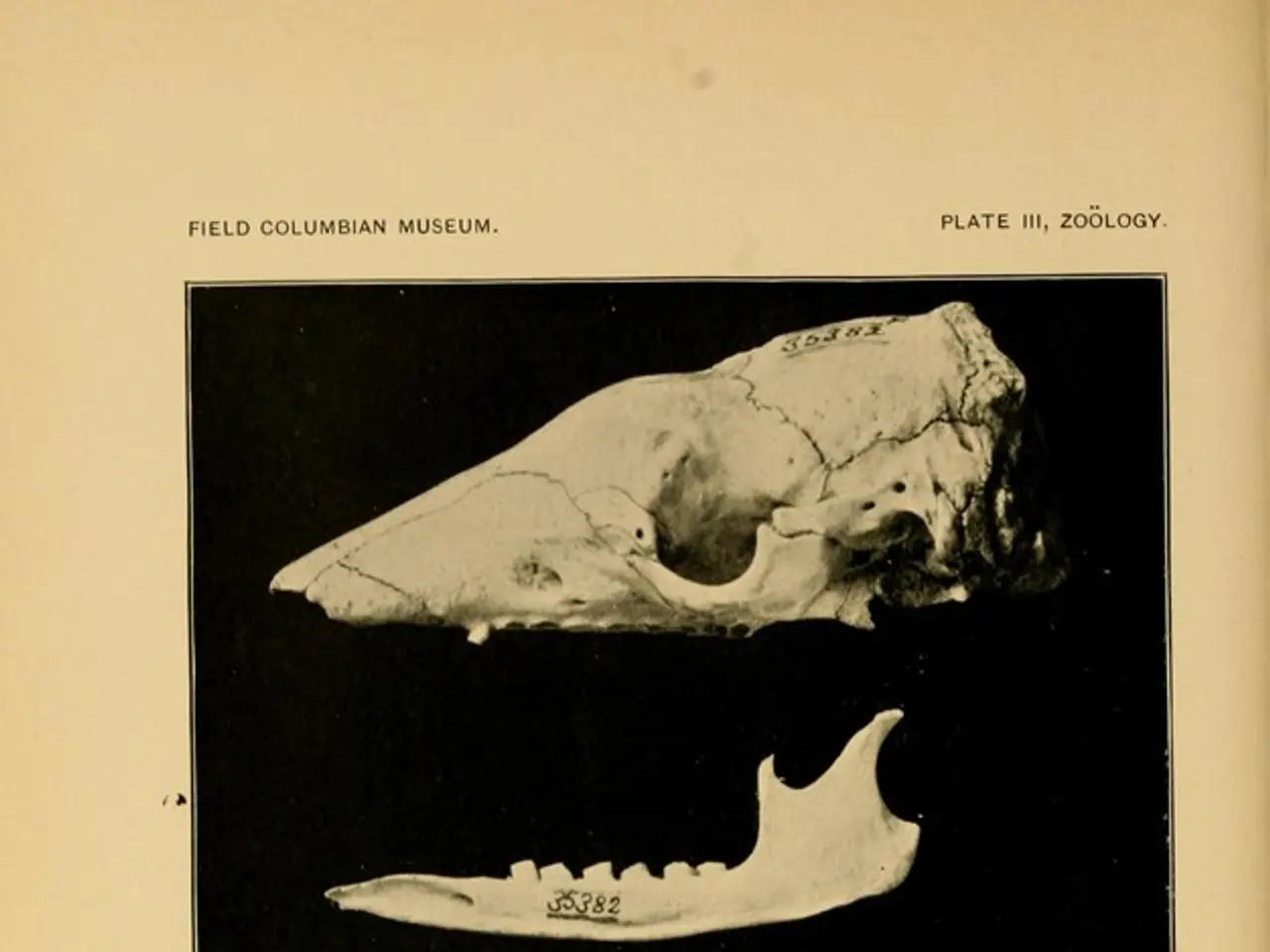Rheumatoid Arthritis Affects 400,000 in UK: Early Diagnosis Crucial
Rheumatoid arthritis (RA), an autoimmune disorder, affects around 400,000 people in the UK. It occurs when the immune system mistakenly attacks healthy joint tissues, causing inflammation and damage. Early diagnosis and treatment are crucial to manage symptoms and prevent permanent joint damage.
RA is diagnosed through clinical examination, medical history, blood tests, and imaging like ultrasound or X-ray. Factors increasing risk include age, gender, genetics, smoking, obesity, and diet. Symptoms often affect hands, wrists, and knees symmetrically, but can also impact lungs, heart, and eyes.
Treatment involves managing pain and inflammation with nonsteroidal anti-inflammatory drugs (NSAIDs) and corticosteroids. Disease-modifying antirheumatic drugs (DMARDs) like methotrexate slow disease progression. Biologics target immune system components. There's no cure, but medications help manage symptoms and prevent further damage. Rheumatologists use a 'treat-to-target' strategy aiming for remission or low disease state.
RA is distinguished from other arthritis forms like osteoarthritis by its symmetrical joint involvement. There are different types, including seropositive and seronegative RA, and juvenile idiopathic arthritis. While there's no cure, effective management is possible with early diagnosis and appropriate medication.







